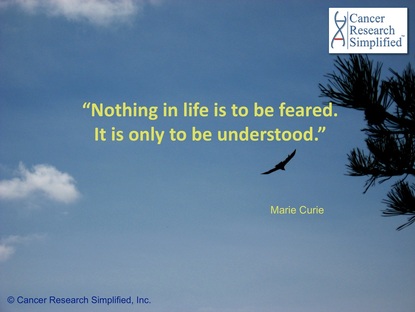Genetics plays a big role in how people respond to treatments, and this study shows that the human papilloma virus (HPV) passed from person to person in sexually varies based on ethnic and social groups. Cathrine Hoyo, an associate professor in Duke University’s obstetrics and gynecology department, and her team found that there are different different strains by race. Hoyo says that African-American women are about 20 percent more likely to develop cervical cancer and almost twice as likely to die from the disease compared with non-Hispanic white women.
Human papillomavirus (HPV) is perhaps the most common sexually transmitted infection. Virtually everyone gets infected with one strain or another at least once in their lives. Usually, the body can clear it, but sometimes, the virus damages cells and causes cancer. In 2013, the Centers for Disease Control and Prevention (CDC) estimated that 79 million Americans are infected with HPV, with 14 million more catching it each year.
HPV causes a range of cancers, such as cervical cancer, head and neck cancer (like actor Michael Douglas's head and neck), including cancers of the throat and tongue, anal cancer and cancer of the penis. HPV causes the most cases of cervical cancer – which is diagnosed in more than 10,000 U.S. women every year.
Hoyo’s team looked closely at 516 women being tested after having suspicious Pap smears. If something looks wrong, women get a follow-up examination called a colposcopy, where damaged-looking cells are removed and tested for both cancer and for HPV.
More than 70 percent of the women did have HPV infections. Most had more than one strain of the virus.
- White women had the most common strains, including HPV 16, 18, 31 and 45.
- African-Americans women were more likely to have HPV 33, 35, 58 and 68.
The study showed that African-American women were half as likely to carry HPV 18.
That strain is included in both commercial HPV vaccines – Merck’s Gardasil and GlaxoSmithKline’s Cervarix.
Learn more in our article which strains of HPV Gardasil and Cervavix are protecting against: canceredinstitute.org/cervical-cancer
Hoyo suggests that parents should delay vaccinating their kids, saying that she would do it now and do it again with the new vaccine.
Source:
- http://www.nbcnews.com/health/cervical-cancer-vaccine-misses-minority-women-study-finds-8C11478247
- Vidal, AC et al. Distribution of HPV genotypes in cervical intraepithelial lesions and cervical cancer in Tanzanian women. Infect Agent Cancer. 2011 Nov 14;6(1):20. doi: 10.1186/1750-9378-6-20.
_________________
#Empowermentagainstcancer
#canceredinstitute
@canceredinstitute
#cervicalcancer #cervicalcancerprevention #HPV #humanpapillomavirus #africanamerican #healthinequality #cancergenes #africanamericanwomen #blackwomen #womenshealth #cancervaccines #cervicalcancervaccines #cancer #canceredinstitute














